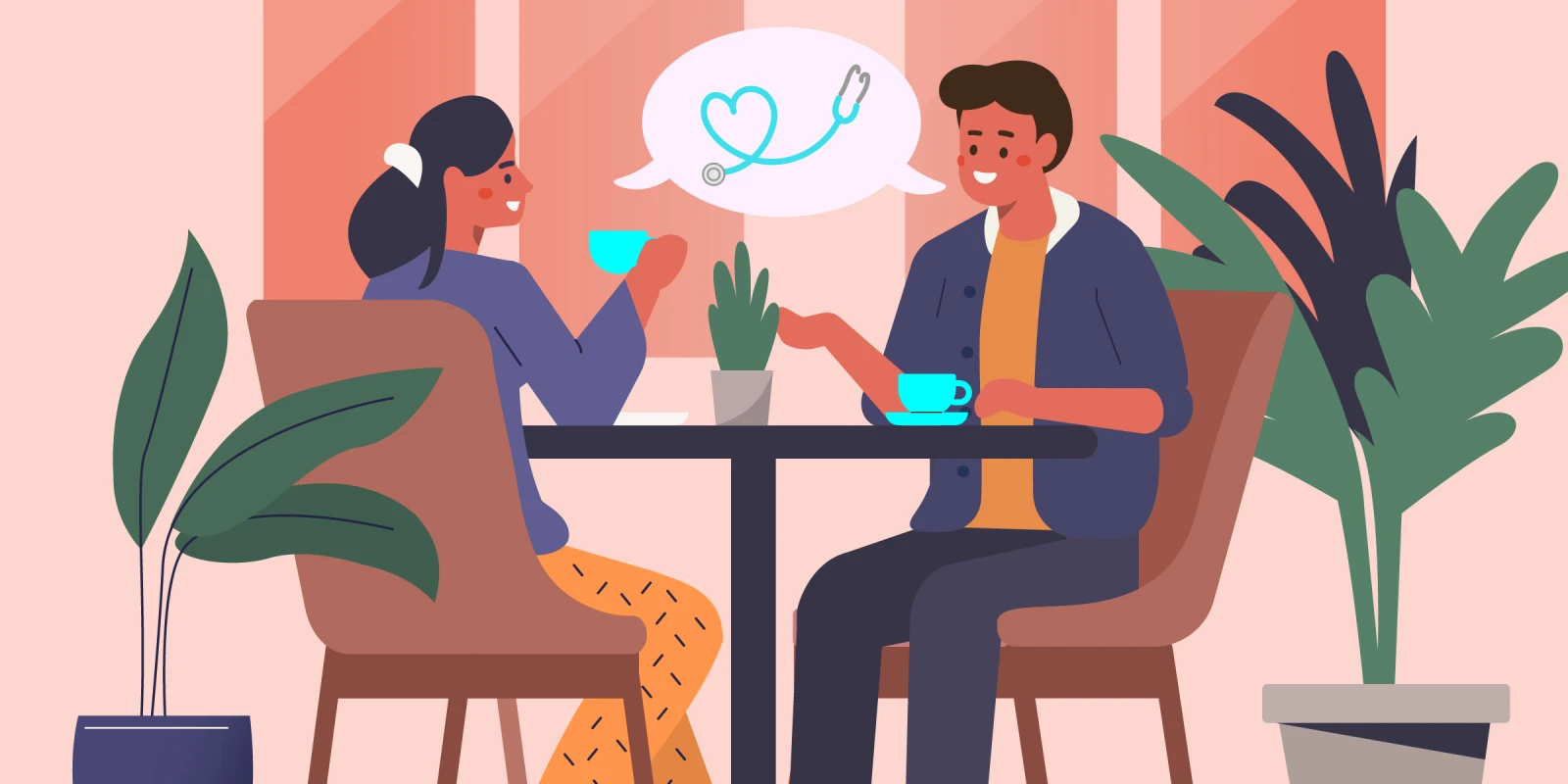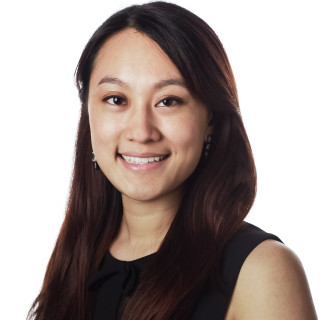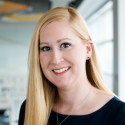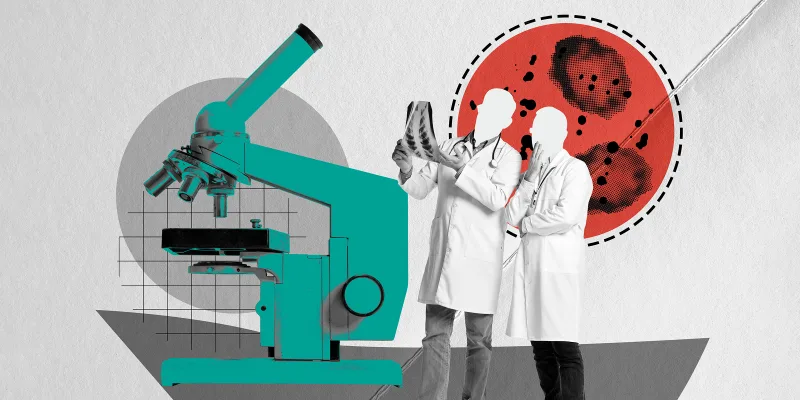I never wanted to marry another doctor. I told myself this was too difficult a journey to share. But I always knew I wanted to be a doctor and went straight into medicine. I was 20 when I started medical school. As the youngest daughter and doted on by parents and older brother alike, I knew I was a princess and of course, I deserved the utmost admiration and love. When it came to choosing a life partner, it felt normal — expected, even — to be selfish. Why should I date someone who was struggling like me through hours of studying and 24-hour shifts? If two people were busy, how would they ever have time to devote energy to one another? More importantly, how would I get the attention I needed?
As I went through medical school, friends who were not in medicine would laugh and groan about how I wouldn’t attend this or that event because I had to study. I felt pride in knowing I seemed to be the hardest working person in my group of friends. I told myself that only someone outside of medicine could truly bear to listen to my stories and give me the proper combination of pity and admiration that I needed. From medical school into residency, the only men I dated were those who didn’t work in medicine — business, law, tech. But every one failed. I felt increasingly isolated in my relationships and frustrated that the life I had planned out for myself — get married before the end of medical school — was not working out.
It wasn’t the men. They were career-driven, nice, and pitied me greatly, saying all the right things: “I can’t believe you’re a doctor now,” “You’re so young, you must be so smart." The praise and attention were all I had ever wanted, but somehow, I wasn’t happy.
These phrases started to sting. After graduating from medical school, my patients would say the same thing, right before justifying why they didn’t believe my medical advice. The praise I had enjoyed before becoming a doctor was now a source of irritation, especially as an Asian American woman whom everyone assumes is younger and less knowledgeable than she really is.
“So you’re still in school?” was the most common misconception I would get on dates as a medical resident. “Wow, you still have to learn things and pass tests? All your life?” was another that particularly annoyed me. I started to wish someone could recognize and understand what it meant to be a resident, to be still in training but be armed with enough knowledge to be trusted with patients (with appropriate supervision).
I was coming up on the end of intern year at the end of June, and I was fed up with the undiscerning method of choosing a soulmate on dating apps. I was driving to Santa Barbara with one of my best friends to take a break. I had survived the tough life of an intern, 24-hour calls, emotionally and mentally exhausted from Step 1 board exams and recently losing a patient in the hospital. I needed to relax and recharge in the Pacific Ocean in my kayak.
Just before I was about to get into my car to leave the city, I received a text from a boy I had known in college, the life of the party and a photographer for Mochi Magazine, an online Asian American publication where I had been a writer and editor for more than 10 years. He was in town and asked if I had time for lunch. I glanced at my watch anxiously — I was supposed to meet my friend in 30 minutes. However, I was also curious. I hadn’t seen him since college and hey, I was single, so I thought, "Why not?"
Determined to keep it short and sweet, we met at the yogurt place next door. He told me about how he just got into medical school and was back in California to celebrate. He was excited to begin his journey into medicine and was delighted to hear about mine.
He was full of positivity and so easy to talk to. When I spoke about surviving my first year of internship, he complimented me, and said it with the admiration of someone who couldn't wait to achieve the same goal himself. I started to see how someone in medicine could perfectly understand what I was going through, as well as see my accomplishments without judgment or incredulity bordering on condescension, or without me needing to explain much further.
“We should see each other again before you go back to school,” I found myself saying. What was supposed to be a 30-minute conversation turned into two hours. The summer passed, and we spent almost every day together. It was new for me to discuss interesting issues from work, or as was more often the case in pediatrics, the cute little girl with a red bow in her hair that gave me a hug that day and called me “the best doctor ever.”
He shared in the joy in a way I hadn’t experienced before when I dated men not in medicine. His joy was that of someone who couldn’t wait to experience the world of medicine, too. His positivity and gratitude for his upcoming responsibility of taking care of patients was refreshing.
It took someone in medicine to remind me my age was something to be proud of and that although the training process can be frustrating, there is so much joy in the work that we do and the personal growth that we experience. It was only after meeting him that I realized I needed to marry another doctor. In fact, we’ve been happily married for two years.
Is your partner also in medicine? Share your love story in the comments.
Dr. Steph Lee, MD, MPH is a pediatrician and preventive medicine specialist outside of Philadelphia. She is recently married and loves chatting about surviving relationships during medical training. She hopes to inspire young women to live a life filled with passion and purpose both in and outside of medicine.
This excerpt has been lightly edited for Doximity. Get the full story on being married to medicine and more in The Chronicles of Women in White Coats 3.







